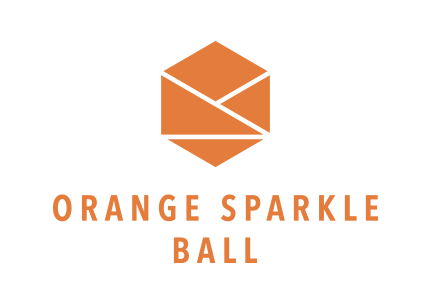The spring installment of season 3 of Public Health+ features a focus on how to use communication and storytelling to address conflicting narratives, false narratives, and outdated narratives. This series consisted of two offerings – an asynchronous panel on applied communications and a virtual workshop that centered around creating strategic roadmaps to work through real case studies to transform key issues into reimagined scenarios.
Speakers
“Changing the narrative” PANEL discussion
This panel was facilitated by Sophie Becker and featured Sam Tsemberis, PhD, founder and CEO of Pathways Housing First Institute, Cynthia Gomez, PhD, founding director of the Health Equity Institute at San Francisco State University, and Nancy Weaver, PhD, professor of Behavioral Science and Health Education at Saint Louis University. All panelists are public health experts and have years of experience working on shifting the narrative in their respective fields, such as homelessness and health equity. The panel discussion featured a range of exciting topics such as power dynamics, iterative processes, and evidence-based practices, and how these influence existing narratives in public health both positively and negatively. The panelists also shared real-life examples of their experience shifting narratives and the strategies they have seen leveraged to achieve success.
“Strategic Storytelling for Better Public Health Outcomes” WORKSHOP
The virtual workshop was a highly immersive and engaging session led by Sophie Becker of Orange Sparkle Ball. Participants consisted of both Rollins students and public health professionals. The workshop began with a discussion of the accompanying, asynchronous panel about applied communications. During this discussion, participants shared their experiences of strategic communications in their respective fields, such as combatting homelessness and advancing health equity. Participants were then assigned to breakout rooms with Orange Sparkle Ball facilitators to work through one of the three selected case studies, 1) comprehensive sex education, 2) harm reduction and substance use, and 3) housing first and homelessness. Participants discussed the current narratives surrounding these critical issues and transformed them into reimagined ideal scenarios using roadmaps to identify key stakeholders, potential barriers, and strategic actions needed to reach the ideal state.
ACTION
A simple tool was developed for the breakout rooms in the workshop. Current narratives were identified and articulated, then ideal yet realistic narratives were identified for the same issue. Then a series of prompts bridged the gap between the two. This tool can be applied to any narrative.











